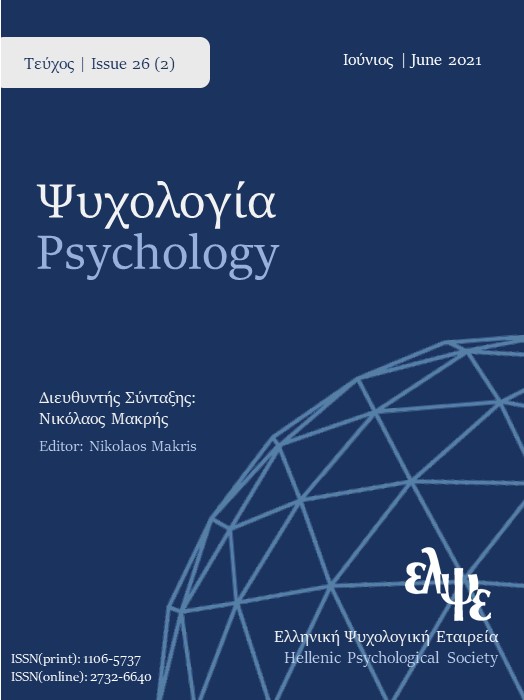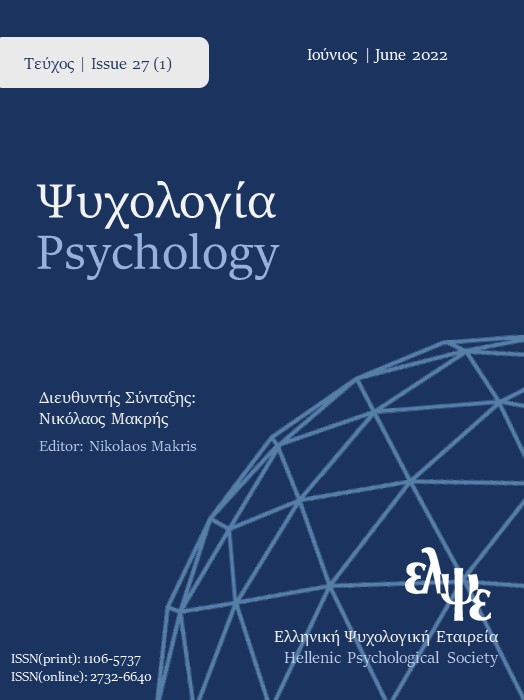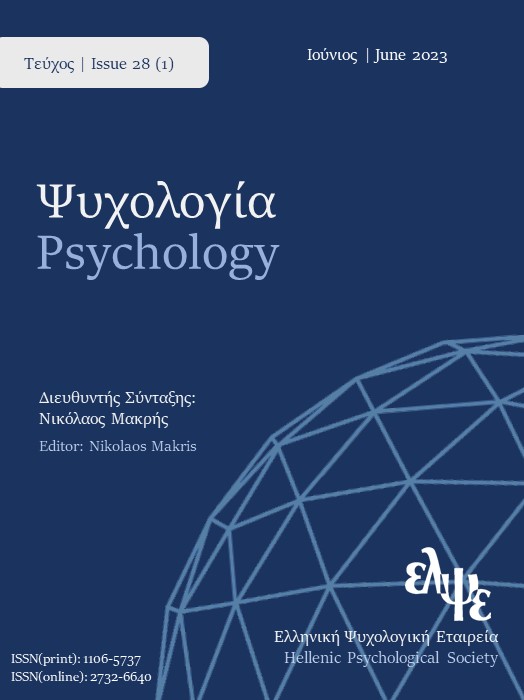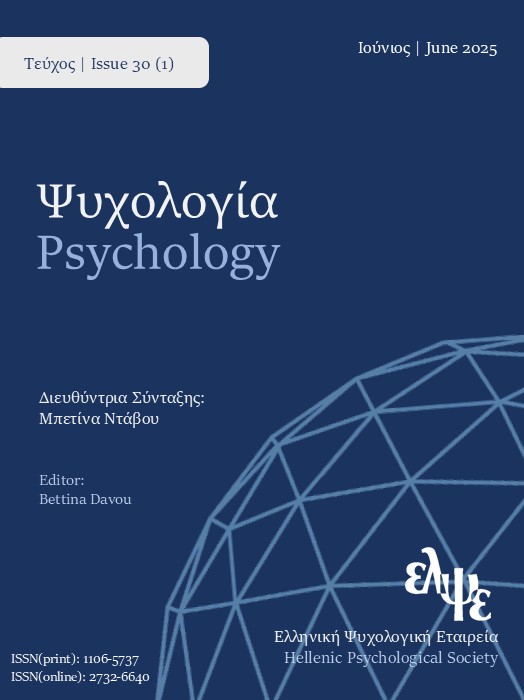Spoken sexism as a threat to women’s well-being
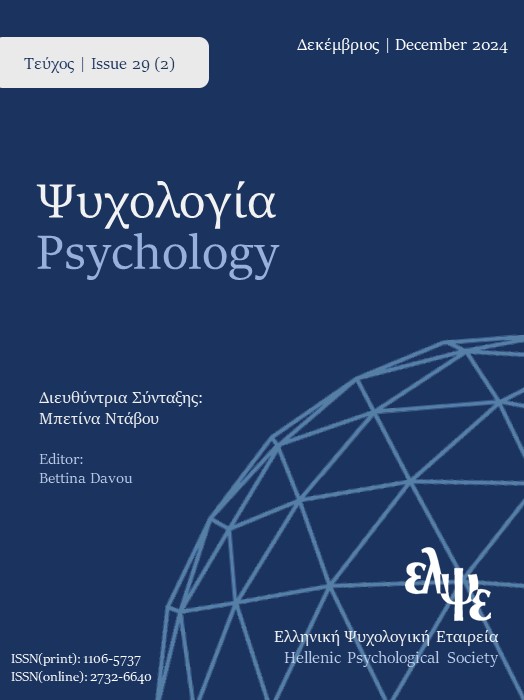
Abstract
While the consequences of gender-based violence on women’s mental health are well documented, the impact of everyday sexist comments on their psychological well-being is still understudied. For this reason, the present paper aims to explore how women discursively construct spoken sexism as a threat to their well-being, drawing upon a feminist discourse, while sculpting for themselves a subject position of oppression. The study was qualitative in nature and thirty women took part voluntarily in individual semi-structured interviews. Post-structuralism was adopted as an epistemological perspective while a Foucauldian discourse analysis (FDA) was employed for the analyses of the material. At the same time, a feminist viewpoint was upheld throughout the entire research due to its gendered nature, given that spoken sexism is discursively constructed within patriarchal power structures. In their discourse, the participants constructed sexist comments as restrictive and threatening to their mental health while experiencing them as oppressive and abusive.
Article Details
- How to Cite
-
Flouli, A., & Athanasiades, C. (2024). Spoken sexism as a threat to women’s well-being . Psychology: The Journal of the Hellenic Psychological Society, 29(2), 224–240. https://doi.org/10.12681/psy_hps.37452
- Section
- RESEARCH PAPERS

This work is licensed under a Creative Commons Attribution-ShareAlike 4.0 International License.
The journal PSYCHOLOGY adopts a Platinum open-access policy. Submission, processing or publication costs are waived by the Hellenic Psychological Society. Papers published in the journal PSYCHOLOGY are licensed under a 'Creative Commons Attribution-ShareAlike 4.0 International' licence. The authors reserve the copyright of their work and grant the journal the right of its first publication. Third-party licensees are allowed to use the published paper immediately after publication as they wish, provided they retain the defined by the license copyright formalities, regarding the reference to its author(s) and its initial publication in the journal PSYCHOLOGY. Moreover, any adjusted work should be shared under the same reuse rights, so with the same CC license.



